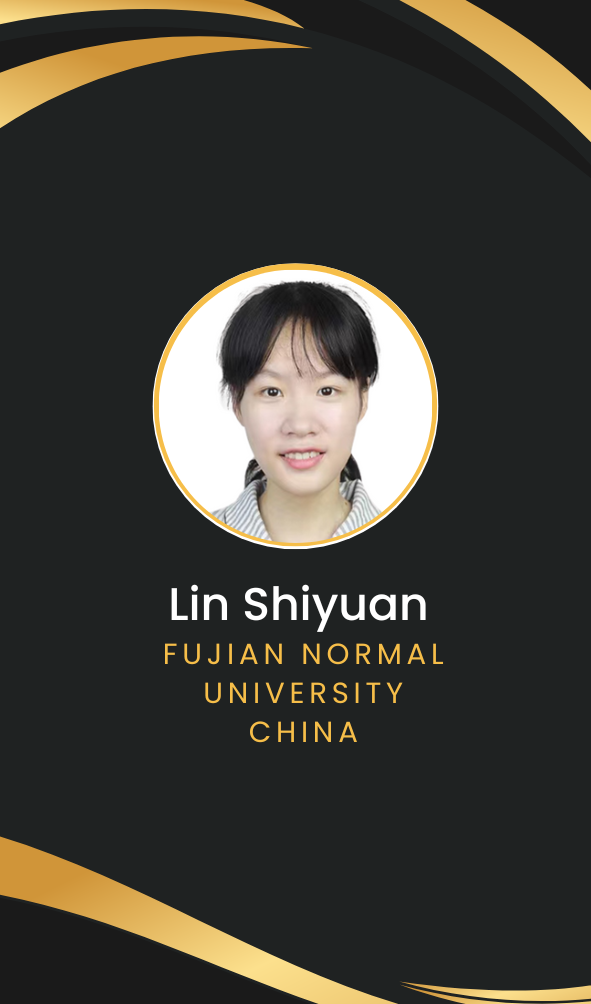
Background
Linguistics as a field of study discussing languages plays a fundamental role in the life of humans. It affects the human way of thinking in various aspects. In turn, there is a pervasive influence of language on our daily lives. The impact is that the work of linguists is no longer only managing language in one discipline, but relating and interconnecting the linguistics with other fields at a further level. Linguistic studies have now been carried out in various fields including psychology, anthropology, neuroscience, law, philosophy, computer science, communications, and education. Linguistics enthusiasts find practical solutions for their linguistic training in the computer, law, and forensic industries, teaching foreign languages and English as a second language, translation and interpretation, speech pathology, lexicography, and policymaking in government and education. Nowadays, these jobs are, however, no longer operational but encounter many challenges, especially in the global era.
The digital revolution has created new avenues for language use and new communication modalities. The existence of technology mediates our linguistic and social interactions. The pervasive influence of technology on human development has the potential to influence language acquisition and change social behavior. In this global era, many challenges in human life arise. Our brave new digital world has caused some discord for language activists – and if harsh text speakers do not feel good, woe ensues our new diet of round-shaped emojis. Our language and our relationship to language have developed to keep pace with cultural changes.
Furthermore, since the spread of the COVID-19 pandemic, society has been carrying out communication online through the internet and social. To , society has been accustomed to doing it that way. One of the challenges linguistics studies are facing is the implementation of appropriate language capacity. There are conditions for the use of inaccurate languages according to standardized rules in communication through online media. To solve this, reciprocal interactions are also important for creating a pool of different perspectives among the smart human community. In total, digital technologies are also changing the ways we learn and teach, as well as the ways we compose and research. These changes are occurring throughout the academy, including the humanities — a set of disciplines less associated with technology.
In an effort to vanquish the challenges trending in the linguistic study in order to depict the future perspectives on it established in the description above, fresh ideas from the younger generations are needed. For that purpose, the Graduate School of Linguistics, the Postgraduate Program University of Warmadewa in collaboration with other institutes presents an international academic discussion forum in the form of a conference. This event is themed “The 2nd Student Conference on Linguistics: Trends and Future Perspectives in Language study and Language Teaching”. Through the forum students from various parts of the world are expected to share bright and innovative ideas to discover solutions to the problems and challenges faced by linguistics today and in the coming future.
Aim and Scope
The conference is aimed at providing a forum for linguistic students to share ideas concerning trends in the linguistic study and the possible future perspectives on it. The coverage of scopes of linguistics to be presented at this conference comprises all topics related to linguistics, both micro-linguistic and macro-linguistic.
Conference Topic
- Phonology
- Syntax
- Semantic
- Pragmatics
- Translation
- Sociolinguistics
- Discourse Analysis
- Ecolinguistics
- Ethnolinguistics
- Forensic Linguistics
- Computational Linguistics
- Language Teaching
Keynote Speakers






Invited Speakers




Call for Papers
- [IMPORTANT] To submit an abstract, authors must register first (click here). Then they can submit their abstracts by logging in to this site (menu “Submission System” then “Login”). The manuscript (full paper) can be submitted only after authors submit their abstracts. The whole submission process is done fully online (NOT by email) to guarantee smooth administration. Letter of Acceptance (LoA) and Letter of Invitation (LoI) can be downloaded directly from your account once your abstract is accepted to be presented at the conference.
- Types of Paper : Research Article.
- Full paper should only be written in English and in (maximum) 5 pages. Length on A4 Paper, containing title, name of author(s), affiliation, e-mail correspondence. For Research article : Abstract, Introduction, Methods, Results, Discussion, Conclusion, References. to see how to write the paper
- Submitted article cannot be more than 20% similarity.
- Abstract should be of 250 words maximum, containing a brief general statement, research aim, research method, research result, conclusion, and key words/phrases.
- By submitting an article for publication, an author is assumed to accept the terms of the Proceedings Publication Licence hosting.
- All the papers are reviewed by at least two reviewers in single-blind peer reviewed. The originality of paper, technical or research content, grammatical and spelling, and relevance to the conference topics are reviewed by reviewers on the papers. Please follow the template provided at this conference.
- Please Submit your Manuscript (full paper) online on (click here)
- Abstract/full text must be written in English
- Language for Presentation:
Registration Fee and Payment
Free
Contact
Website: https://confgrid.org/iscl2022/
Email: milunwar@gmail.com